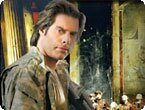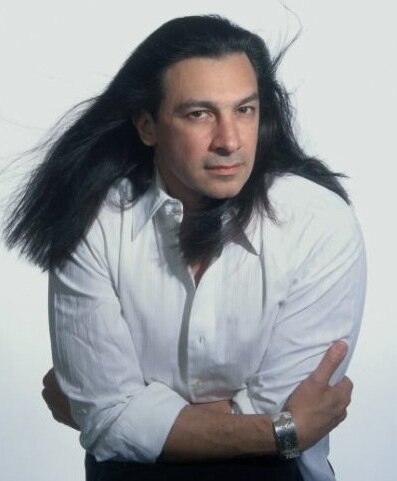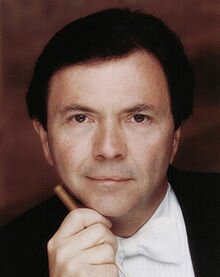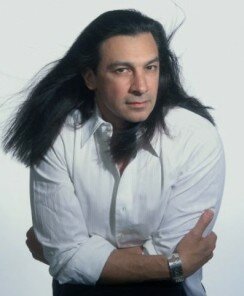Classical music often gets a bad rap as being a status symbol for the wealthy. There’s a popular misconception that classical concerts are prohibitively expensive affairs attended by snobbish rich folks. Author and classical music critic Alex Ross sums it up well in his recent post in The New Yorker‘s arts & entertainment blog:
If popular stereotypes about classical music held true, the genre should have had no social or political relevance in 2011, one of the darkest and angriest years in recent American history. Classical music is, we are given to understand, the playground of the one per cent, the province of the super-rich. When concerts are depicted in the movies, you see élites in evening wear gazing snootily through archaic eyewear at misbehaving interlopers.
In reality, the price of a Seattle Symphony or Seattle Opera ticket is comparable to a seat at a rock concert or sports event. There are also plenty of free and nearly-free classical concerts that are every bit as exciting as the high-profile celebrity recitals and opera productions. Discounts and deals on tickets abound. Classical music is actually quite accessible to everyone–you just have to know where to look.
In this new monthly series, “Classical Music on the Cheap”, I’ll explore different ways of enjoying classical music in Seattle without breaking the bank. So whether you’ve resolved to spend less, get out more, or expand your musical horizons, be sure to check out Seattle’s vibrant classical music scene this year.
 This month, I head to your local branch of the Seattle Public Library for a free preview of Seattle Opera’s production of Attila, the 1846 opera by Giuseppe Verdi. The previews began this week and continue through next week in preparation for the opening night of Attila on January 14. Several branches around the city will be offering previews, which feature a lecture, musical excerpts, and video clips. Learn about the history and story of the opera and get a behind-the-scenes peek at the Seattle Opera production.
This month, I head to your local branch of the Seattle Public Library for a free preview of Seattle Opera’s production of Attila, the 1846 opera by Giuseppe Verdi. The previews began this week and continue through next week in preparation for the opening night of Attila on January 14. Several branches around the city will be offering previews, which feature a lecture, musical excerpts, and video clips. Learn about the history and story of the opera and get a behind-the-scenes peek at the Seattle Opera production.
If live music is what you’re after, SPL’s Central Library hosts a free monthly concert series presented by the Ladies Musical Club of Seattle. This month’s recital is on January 11 at noon and features works by Rachmaninoff, Mendelssohn, Czerny, and Arutiunian. Violinist Candice Chin, clarinetist David Frank, and pianists Jim Whitehead, Risa Jun, and Yelena Balabanova will perform. If you work downtown or on First Hill, this concert series offers a great excuse to get out of the office at lunchtime. The Ladies Musical Club also offers free concerts at other Seattle venues, including the Seattle Art Museum, the Frye Art Museum, and local retirement communities.
The Central Library also hosts other free concerts and musical events from time to time. Check the Central events page for a schedule and more information.


